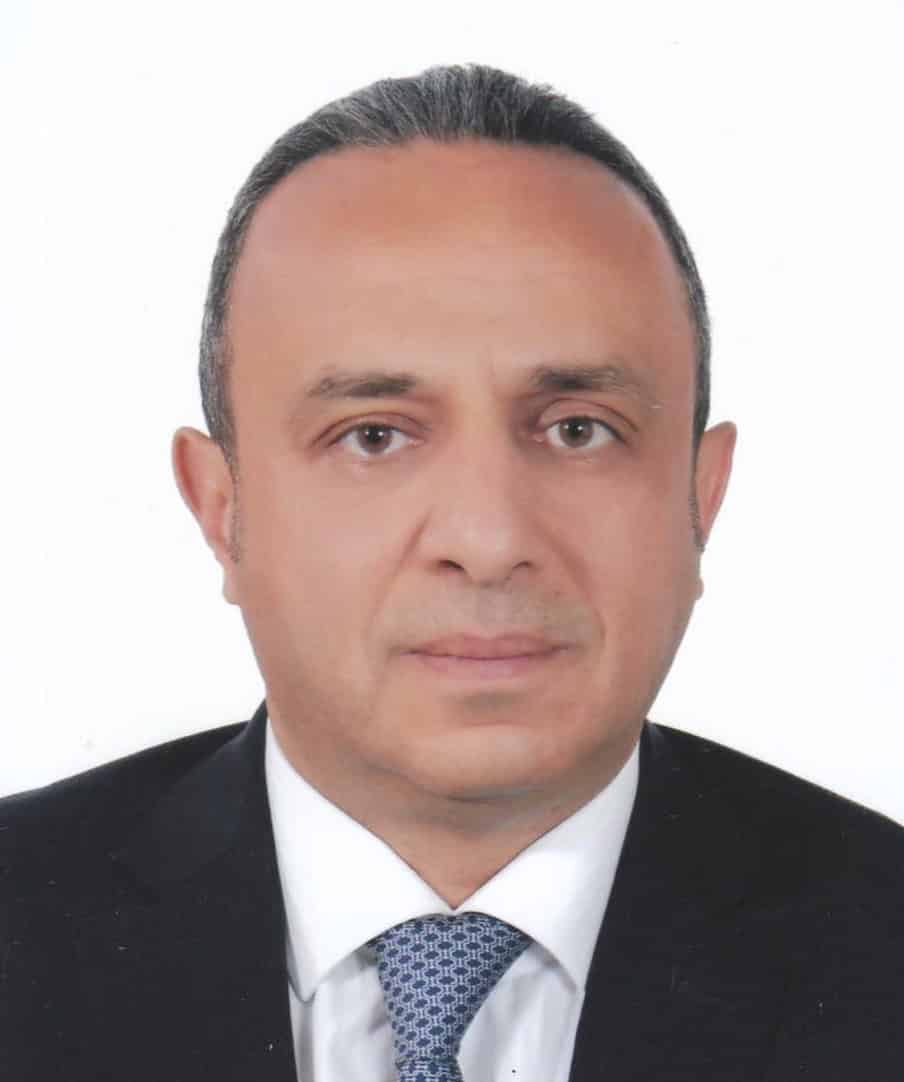Wissam Fattouh, secretary general of the Union of Arab Banks (UAB) and the World Union of Arab Bankers, talks about the issues facing the Arab banking sector and the challenges of rebuilding Syria’s banking system.
Global Finance: The UAB has been bringing together the Arab world’s banking sector for over 50 years. What are the critical issues you are working on now?
Wissam Fattouh: Today, we have two key priorities. Firstly, recognizing the critical role of the banking sector in driving sustainable economic growth, we are actively working to align Arab financial institutions with the UN’s Sustainable Development Goals. This includes promoting green finance, investments in climate resilience, and financial inclusion to support small to midsized enterprises, women, and youth entrepreneurship.
Secondly, as several Arab countries—including Syria, Yemen, Lebanon, Sudan, and Libya—face economic crises and geopolitical instability that have severely impacted their banking systems, we are committed to supporting the restructuring and revitalization of these banking systems by providing technical assistance, policy guidance, and capacity-building programs.

GF: The region is very heterogeneous, and rocked with uncertainties. How does your membership find common ground?
Fattouh: Despite this heterogeneity, I do believe there are fundamental commonalities that unite the Arab banking sector. On one hand, all Arab countries recognize the critical role of the banking system in driving economic development and stability. There is a shared commitment to strengthening financial inclusion, enhancing regulatory frameworks, and promoting digital transformation. In this regard, the UAB acts as a platform for dialogue and cooperation.
On the other hand, many of the challenges facing the Arab banking sector—such as de-risking, compliance with international regulations, financing for development, and climate change—transcend national borders. The UAB plays a role in fostering regional collaboration to develop harmonized strategies that address these shared concerns.
GF: What are Arab banks’ biggest strengths in global finance today?
Fattouh: One of Arab banks’ greatest advantages is their strong capitalization. Over the years, they have maintained solid liquidity buffers and adhered to prudent risk management strategies, allowing them to withstand global economic shocks and geopolitical uncertainties. Regulatory reforms have further reinforced their ability to navigate complex financial landscapes.
Another defining strength is their rapid embrace of digital transformation. The expansion of digital payment systems and open banking initiatives underscores the sector’s adaptability and competitivity.
Additionally, Arab banks play a strategic role in regional and international financial markets. Their engagement in trade finance, cross-border investments, and remittance flows has strengthened economic ties between the Arab world and global markets.
GF: Looking to the year ahead, what are your members’ biggest concerns?
Fattouh: Compliance with international banking regulations, particularly those related to anti-money laundering; combating terrorism financing; and climate-related financial disclosures, remain a priority. Striking a balance between regulatory compliance and business growth is essential for maintaining strong ties with global financial markets.
Another major challenge is managing geopolitical and economic uncertainties in the region. Hence, strengthening risk management frameworks and reinforcing financial-sector resilience will be crucial for mitigating risks.
GF: With the UAB’s recent plan to reform Syria’s banking system, what key challenges do financial institutions face in the country’s rebuilding efforts?
Fattouh: The country’s banks have been largely isolated from the international financial system due to sanctions and de-risking measures imposed by global institutions. A key priority now will be reintegrating Syria’s banks into the global financial system, which will involve aligning regulatory frameworks with international standards, rebuilding correspondent banking relationships, and addressing compliance with anti-money laundering and counter-terrorism financing regulations.
At the same time, efforts must be made to recapitalize banks, resolve non-performing loans, modernize the banking infrastructure, and expand financial inclusion. The UAB is taking a proactive role in preparing for the reconstruction of Syria’s banking sector once the political situation stabilizes. We are committed to working with regional and international stakeholders to provide technical assistance, capacity-building programs, and policy guidance to ensure a smooth and effective transition.

Leave a Reply